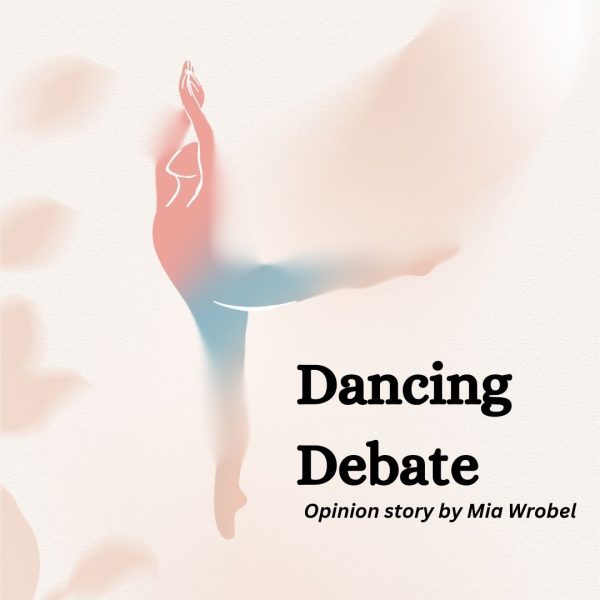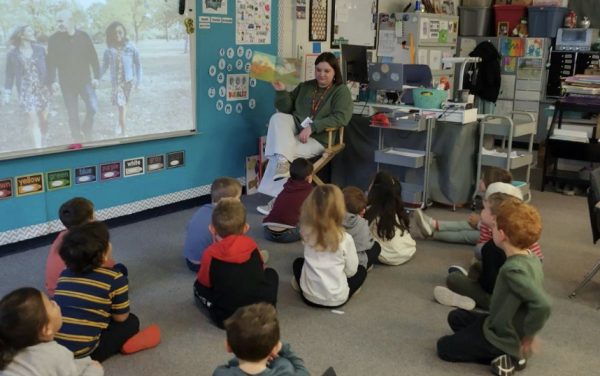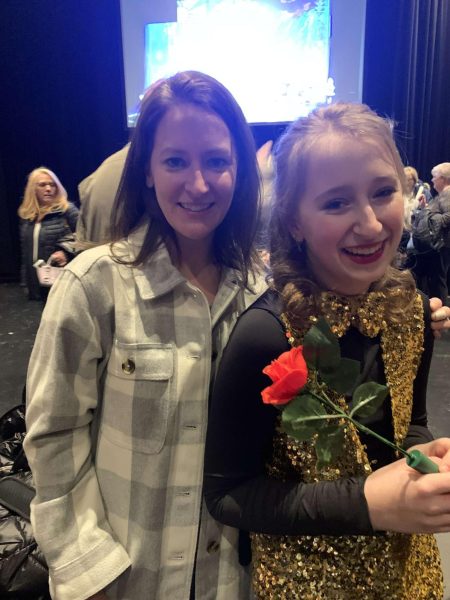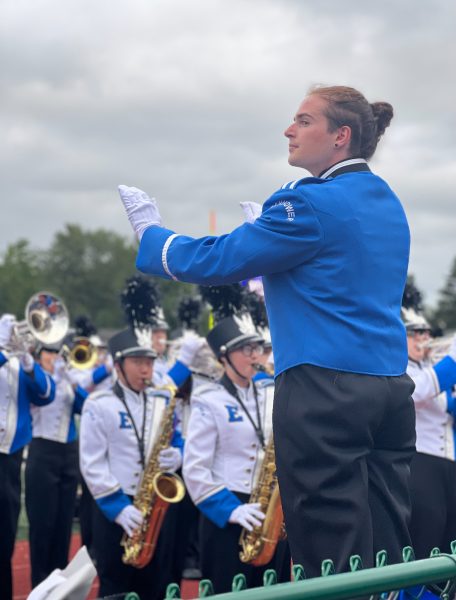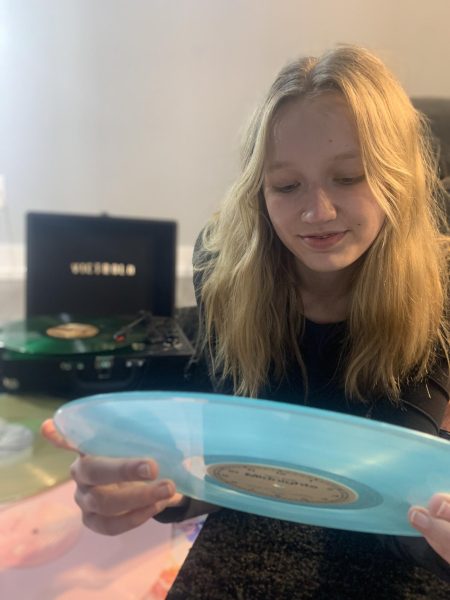Drama develops determination and friendships
Why drama and other clubs is a great experience and why students need to join the in
Drama’s described as an exciting, emotional or unexpected series of events or circumstances and is something that can relate to all of us; it can be shown in many ways including through musicals, plays and clubs.
Students join a drama club for the experience and the ability to spend time with great, quality students. Being a part of a play or musical forms a familial bond between other students involved.
Drama club’s activities help students become closer to each other. Students receive the chance to become someone else for a change. The social problems one possesses may eventually change because most people who joined drama had problems making friends or finding the right niche. Drama club takes two completely different people and finds something that they can both bond with.
Studies of high school students show about 25 percent of young adults join music oriented clubs, such as choir or band, according to Laura Berk. Also, 20 percent join academic or career-related clubs, such as: Science Olympiad, Spanish club, French club, German club, coding club or film club, also according to Laura Berk. There are also personal clubs, such as: Korean pop club, Gay-Straight Alliance/LGBT clubs and book club; participation in supervised constructive activities limits the time available for less productive activities, such as watching television or getting involved in bad behaviors.
Activities offered by clubs or youth organizations enable members to learn valuable skills. Many of the activities offered by clubs help students to extend and elaborate on the formal knowledge learned in school. This assists students in getting accepted to the colleges they want to attend.
Being a part of clubs provides opportunities to participate in new roles. The leadership roles available in clubs provide a valuable experience, which is not generally available to young people. Other roles, including: volunteering in Key Club and National Honor Society, a soloist in a music club or an actor in a drama club, enables identity exploration.
Participation in fine arts programs appear to contribute to better academic performance and psychological well-being, even when taking prior academic performance and psychological functioning into account, according to Shirley Brice Heath. A study also showed that young people can derive developmental benefits from participating in well-run organizations, according to Keith Astroth.
The familial participants feel they belong and are cared for in a club because of the benefits of participating in a club, including rewarding activities. The participants learn through participating and performing in the activities; participants also experience a sense of ownership, since they’re expected to contribute to the planning, maintenance and success of the organization.
The benefits of clubs impacts students in many ways and helps them socially as well as academically in school and throughout college.
Your donation will support the student journalists of Eisenhower High School. Your contribution will allow us to purchase equipment and cover our annual website hosting costs.


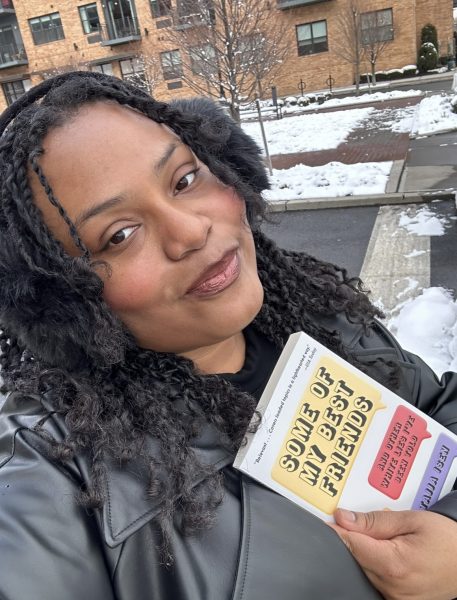

![Dance the night away. After winning first place for both the jazz and pom category, junior Aubrey Bowen celebrates her win with the junior varsity team. “She [Bowen] loves the team, and involves herself in lots of team bonding events,” Bowen’s Mom, Mellisa Mulville-Bowen said. Occasionally, Bowen hosted the teams bonding events and offered anything possible for her teams success.](https://ikenews.com/wp-content/uploads/2023/11/IMG_8502-450x600.jpg)

